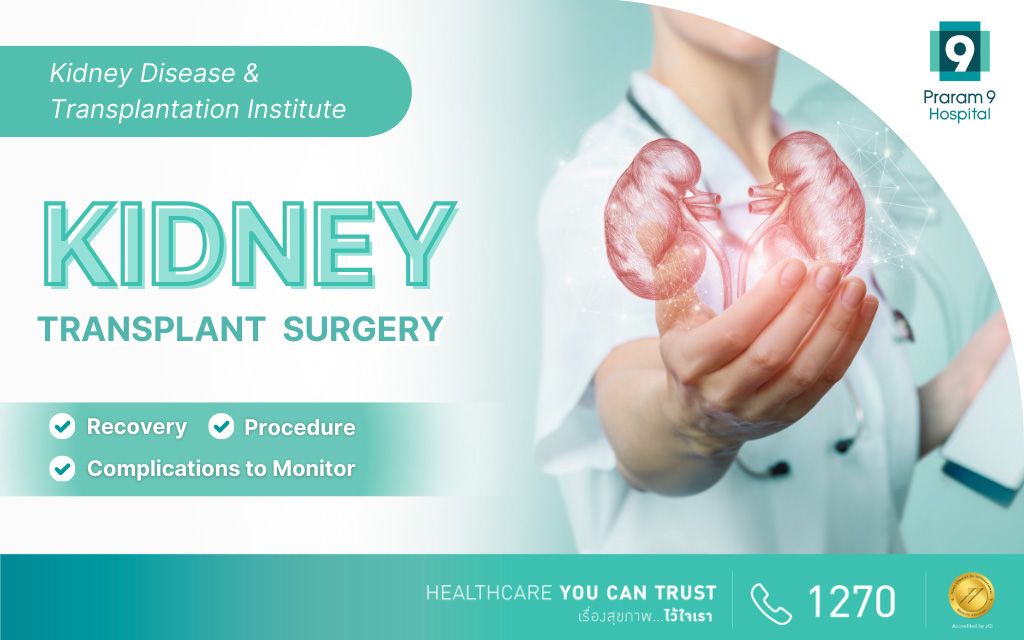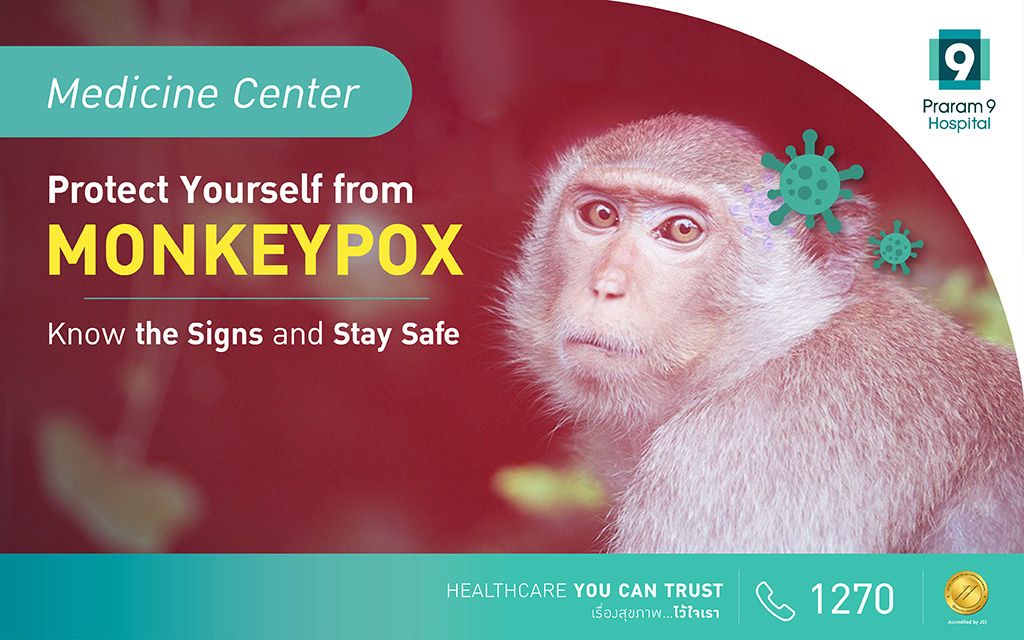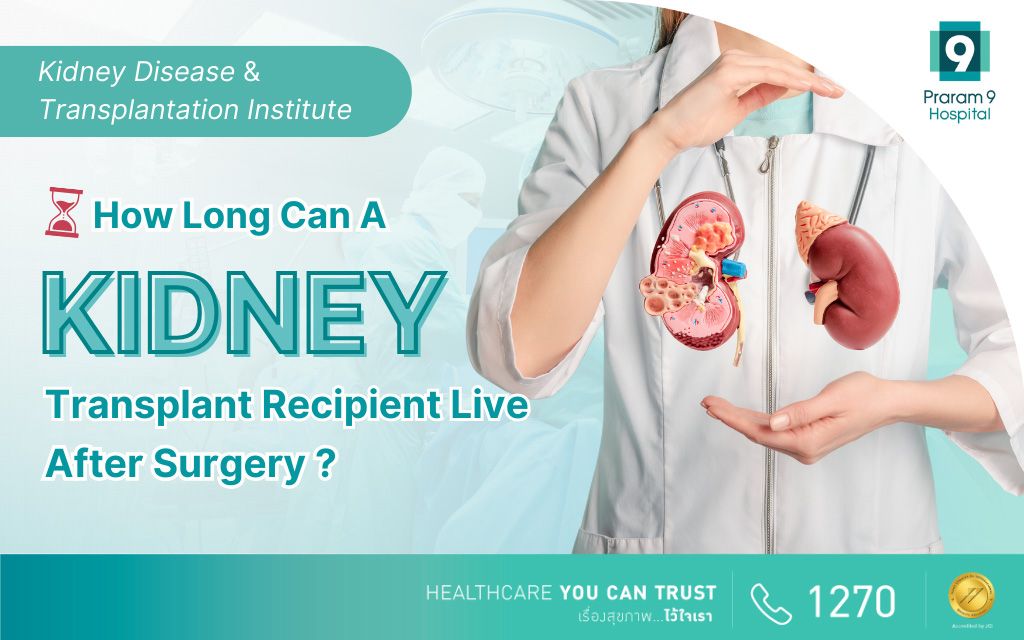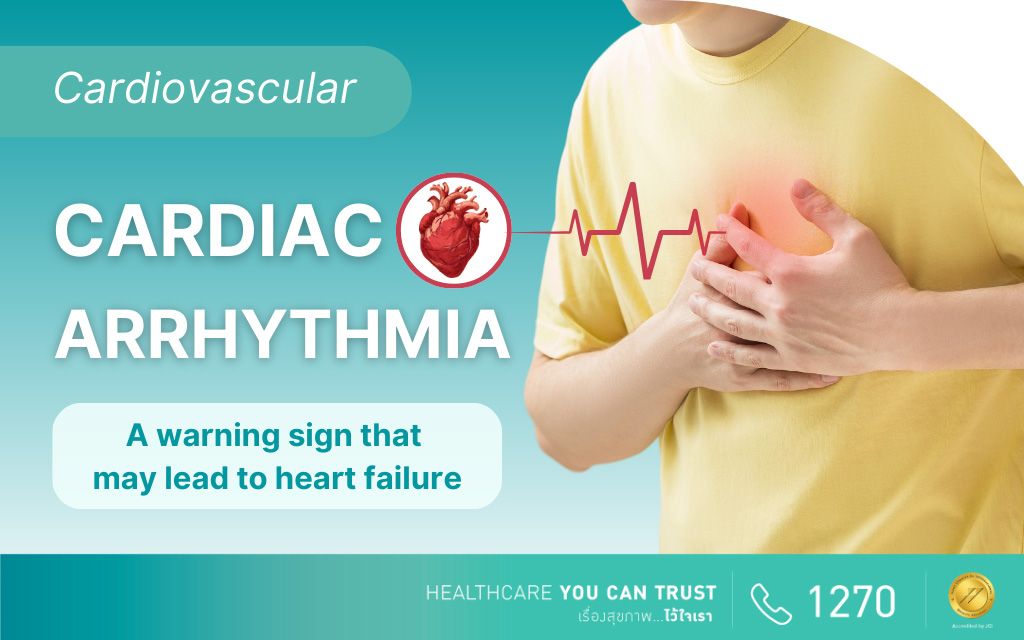Health Articles
Knowledge
GERD

What is gastroesophageal reflux disease? How does it happen?
Gastroesophageal Reflux Disease (GERD) means the disease with the symptom that comes from the abnormal flow back of acid or digestive juice in the upper esophagus, which can occur in the afternoon or at night. The symptom might occur from irritation, which might be esophagitis with wound or esophagitis without wound. If the acid flows back above the sphincter of the upper esophagus, it might cause atypical or extraesophageal GERD. For example: Lung or throat symptom and Laryngophryngeal Reflux (LPR).
Normally, the body will have the mechanism to prevent the flow back of acid in the stomach and above in the upper gastrointestinal tract system. For example: The constriction of esophagus from top to bottom, and the function of sphincter of upper to lower esophagus. The membrane of esophagus has the mechanism to prevent the destruction from acid.
For the cause of GERD, it is believed that the sphincter of lower esophagus is abnormally loose, which causes the flow back of acid into the esophagus. Normally, if GERD flows back to the pharynx, it will stimulate the sphincter of upper esophagus to shrink in order to prevent the GERD from flowing back. It is believed that the preventive system of patient with atypical or extraesophageal GERD has malfunctioned so the GERD can flow back into the pharynx, larynx, and lungs.
Symptoms of patient depend on the irritated organ
1. Pharynx and esophagus symptom
· Burning in the chest and xiphoid process (Heartburn) in which sometimes it might go to the throat
· Feel like there is a lump in the throat
· Have difficulty swallowing, like stumbling on a foreign body inside the throat or feel pain while swallowing
· Sore throat or throat irritation, especially in the morning
· Feel like there is bitterness of bile or sourness of acid in the throat or mouth (Bile or acid regurgitation)
· Feel like there is phlegm in the throat
· Frequent burping or nausea, like the digestive juice is flowing back into the chest or throat
· Feel tight in the throat or chest, like indigestion (Dyspepsia)
· Have breath smell
2. Larynx and lung symptom
· Chronic hoarseness or hoarseness only in the morning or the voice is different
· Chronic coughing
· Cough or feel like choking on the saliva or unable to breathe at night, which might awake you in the middle of the night
· Clear the throat or cough frequently
· Asthma gets worse (if having) or does not improve from the use of medication
· Non-cardiac chest pain
· Have pneumonia intermittently
Follow up on the article about how to behave and how to relieve the symptoms when having GERD in the next article.














